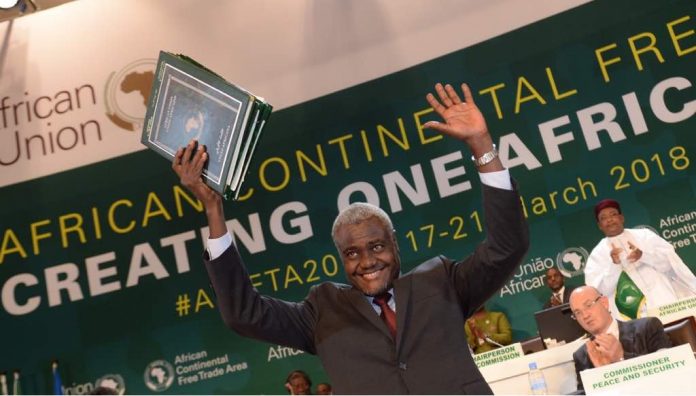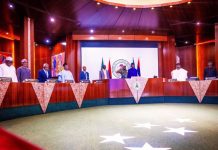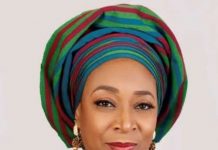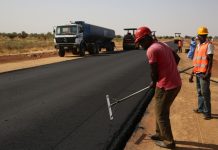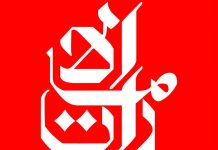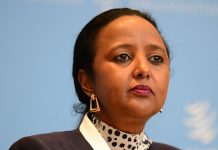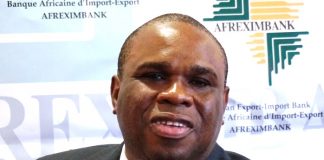Although two African giants – Nigeria and South Africa – and nine other countries did not sign the agreement for the African Continental Free Trade Area, ACFTA, in Rwanda last week, the forty-four others that endorsed it are ready to implement the content of the trade deal.
The AU Commission Chairperson, Moussa Faki, dropped the hint at the weekend during the commission’s panel of the Next Einstein Forum, NEF, in Kigali. He referred to the ACFTA agreement that was signed by AU states and promised to persuade other leaders to join in implementing the science and education components of the deal.
Mr. Faki, who is a respectable Chadian diplomat, said he would work with African leaders to exploit this moment. Senegalese President, Macky Sall, supported the AU’s position on the ACFTA and told the gathering of more than 1,600 scientists that his country had, in fulfillment of the trade agreement, abrogated an existing law reserving academic positions for only Senegalese nationals to allow free movement of labour in science and technology.
The Founder of NEF, Mr. Thierry Zomahoun, said Rwanda and Senegal had set the pace in driving information technology revolution agenda them as “the most progressive countries in Africa.”
Botswana, Lesotho, Namibia, Zambia, Burundi, Eritrea, Benin, Sierra Leone and Guinea Bissau also stayed off the deal for undisclosed reasons. Nigeria’s President, Muhammadu Buhari, stressed that his administration would not want the country to be a dumping ground in the continent.
Manufacturers and other private sector operators had also protested that the deal would not favour Nigeria’s economy. President of the Manufacturers Association of Nigeria, MAN, Dr. Frank Jacobs, was also quoted as saying that the fact that the conditions allowed only ten per cent of products to be protected made the deal unfavourable.
Dr. Jacobs insisted that until government’s mechanism for enforcement of rules of origin was defined, local manufactures would not support the deal.






